Over time, the smoky oil lamp still remains in the memory of each person, even though they have reached the age of forgetfulness. The dim light seems to burn forever, lighting up and guiding us back to the difficult years.
Before electricity was brought to the commune, poor families had one or two oil lamps, usually duck egg lamps because they were cheap and consumed less fuel. Wealthy families had five or seven lamps and big lamps were indispensable. During the day, there was no end to the work, at night, all activities from threshing rice, fermenting seeds, pounding bananas for pigs, eating rice... were done under the flickering light of oil lamps.
At dusk, before lighting the lamp, the bulb must be cleaned of soot and smoke to make the lamp brighter; at the same time, add more oil, check whether the wick is long or short. No one else but the children in the house do that job, like "young people do small jobs". On rainy days or sometimes when we forget to buy kerosene, we have to go to the neighbor's house to borrow it. Just like when we run out of rice, we carry a basin to borrow, the neighbor is very generous, ready to lend us a jar of kerosene, a lighter or a little cooking oil... without calculation. "Neighborly love", "neighborhood and poverty" are like that.
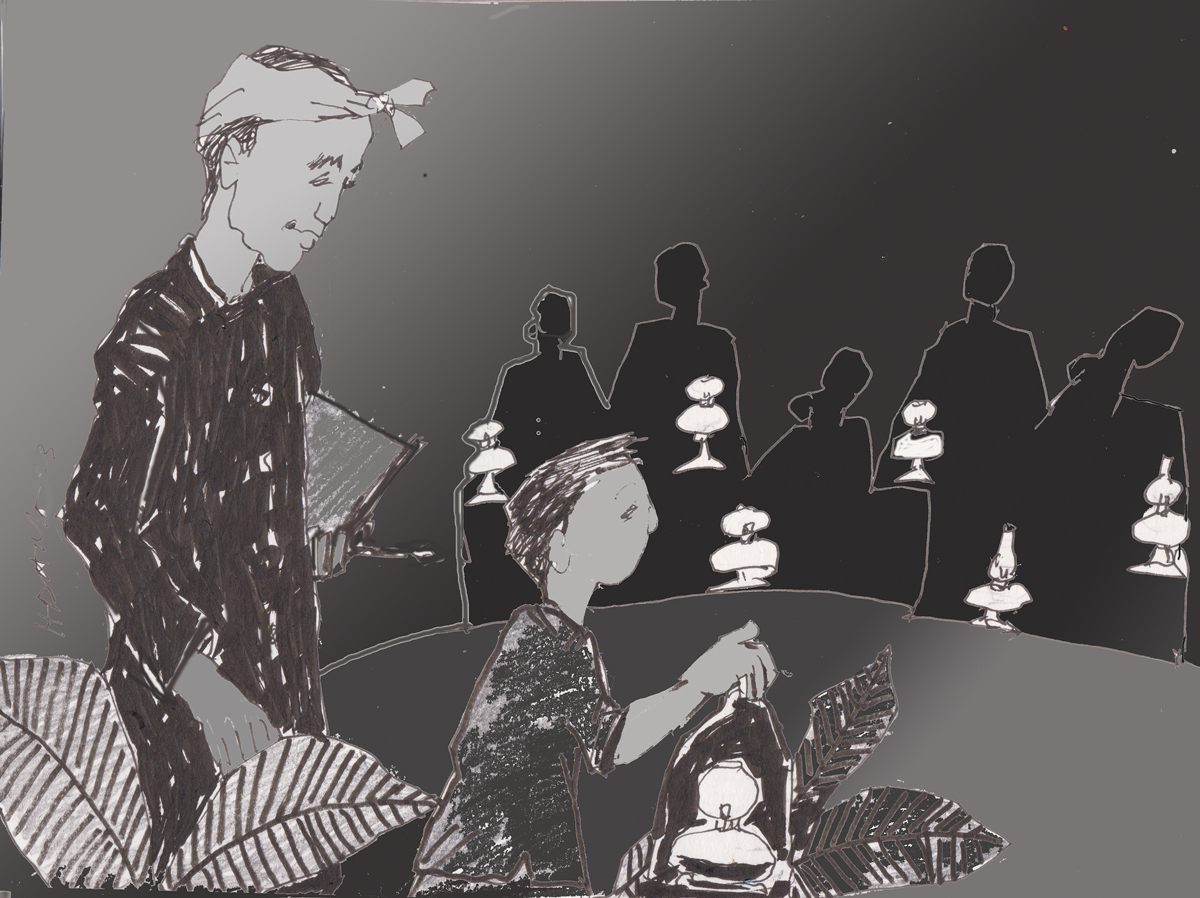
Illustration: HOANG DANG
In the years after the country was unified, my father was the leader of the agricultural production team of the cooperative; during the day he would check the work, and at night he would light a lamp to do the books so that when the harvest season came, he would know how to measure rice for the members. My siblings also took advantage of the opportunity to sit at the desk and study under the light of my father's lamp, also to save oil. At the team meeting night, when I heard the gong, I jumped up and down because I was able to follow my father to the warehouse yard for the meeting. My father was carrying a lamp, the kind with a stand. My father let me carry the lamp first, and I felt very happy. From the roads, many flickering lights like red burning coals from afar were getting closer and closer. When we got to the meeting place, there were dozens of lamps placed in front of each group of people. Those nights were like a festival of sparkling lights for us children.
Now, every time I go back to my hometown and go out at night, I occasionally see oil lamps at snack shops selling things like balut, boiled snails, grilled corn, grilled dried meat, etc. The villagers are familiar with the sight, and from afar, when they see the lights on, they can identify the location of the shop. The night bus back through town, only a few kilometers to go home, but seeing the duck egg lamps from afar makes my stomach feel restless, eager to go home.
Even though the duck egg stall is under the bright street light, the owner still lights up the duck egg lamp. I deliberately wondered, the owner explained: "It's been like that since my mother started selling, without the duck egg lamp it feels like something is missing, it feels like there will be no customers. Later, people selling corn and snails also use oil lamps, but up until now, the only duck egg lamps were used to sell duck egg, it's unmistakable."
In those years, to save money, every family kept dried cotton balls to make pillow stuffing, and to make lamp or lighter wicks. Making lamp wicks was not easy, too small was not good, too big was not good either. Making wicks that burned slowly, used little oil and did not produce much smoke was a skill that not everyone could do.
At the height of the harvest season, the work of the day is not finished and the lamp must be kept on at night. The lamp is placed on a high stool so that the light can spread wider and farther. When everything is done, the duck egg lamp is moved to the porch for the late meal. The lamp is placed in a corner of the tray, giving priority to the light for the children. The sisters also go to the study table with that lamp.
Some rural families now have more spacious houses, the ancestral altars are also equipped with colorful electric lights but still light oil lamps on full moon or first day of the month, death anniversaries and especially Tet. Seeing the duck egg lamps, the children and grandchildren coming to visit from the city just stare as if they are in some strange world , happily sitting on the floor watching adults clean the light bulbs, pick the wick, pierce the wick, light the lamps... Maybe they cannot imagine the difficult days but tomorrow they will understand and sympathize with the hard life of their grandparents and parents. In that space, the oil lamp light reminds them of the old stories that they have heard, experienced and turned over time. Such as the sad and happy stories of the popular education class, the story of lighting lamps to send people off, waiting for them to return, the story of studying by the light of the oil lamp...
The power went out, the children were grimacing from the heat. I had a moment of nostalgia and thought that if only there was an oil lamp lit in the middle of the house right now, that dim light was enough for me to recognize the difference between darkness and light, even though I didn't want the time of oil lamps to return.
Source






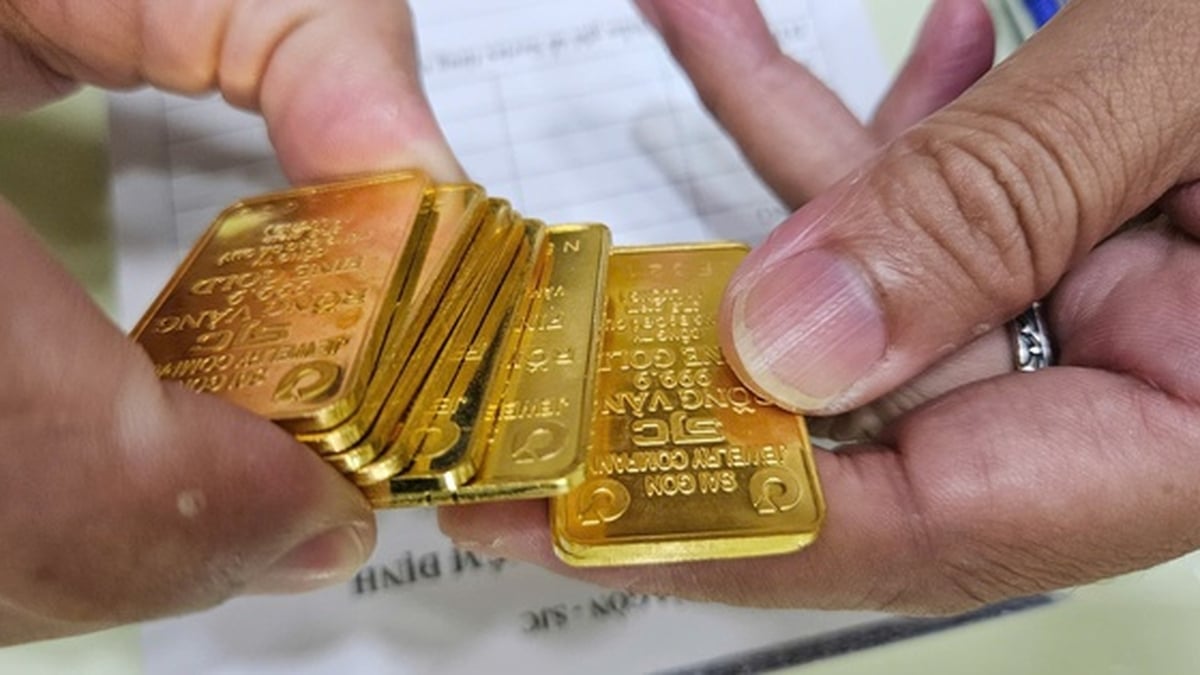


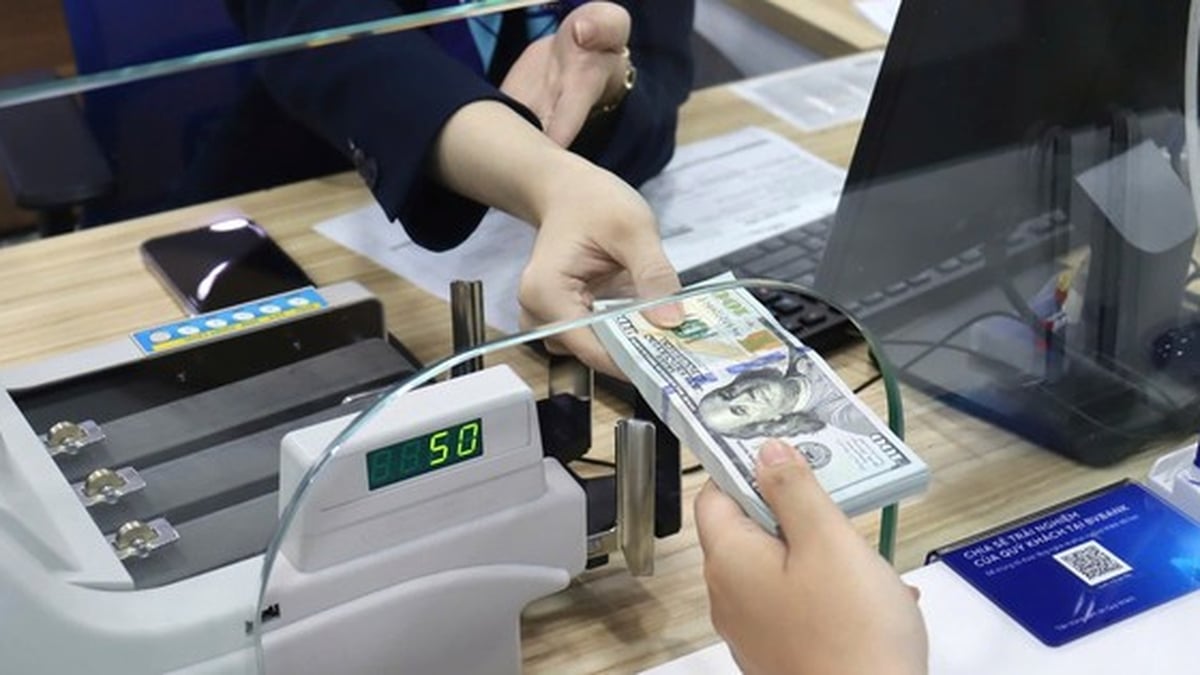

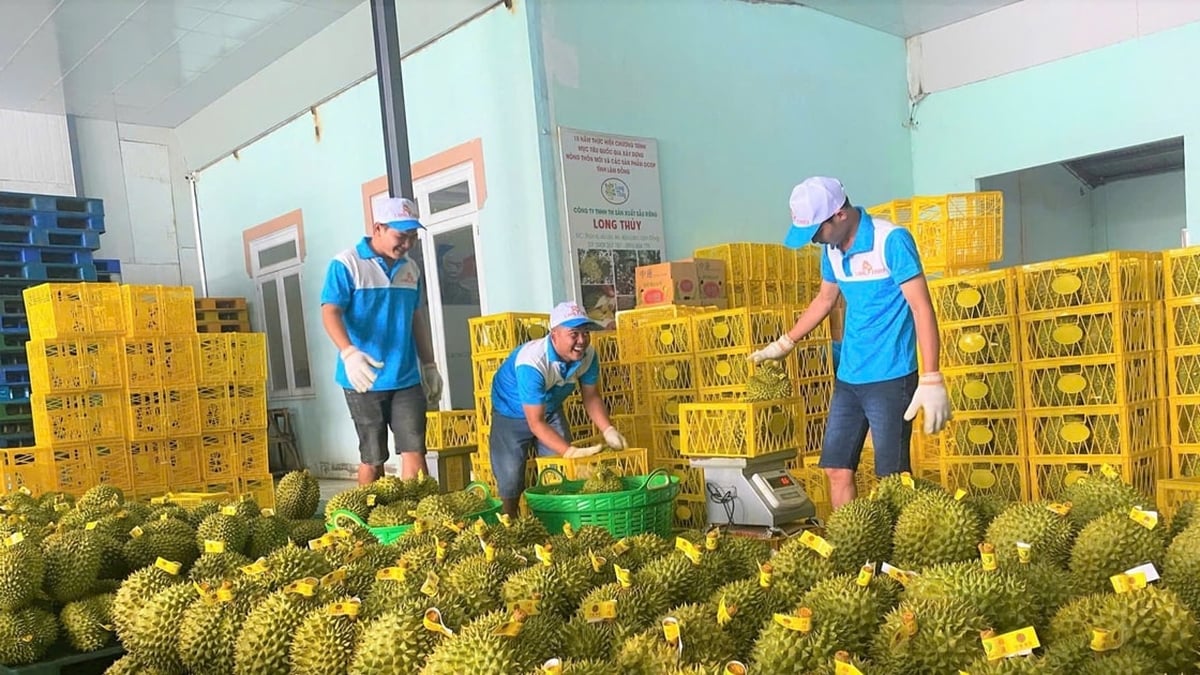
















































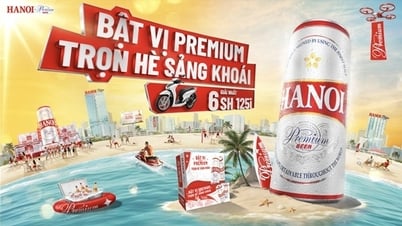

![[Maritime News] More than 80% of global container shipping capacity is in the hands of MSC and major shipping alliances](https://vphoto.vietnam.vn/thumb/402x226/vietnam/resource/IMAGE/2025/7/16/6b4d586c984b4cbf8c5680352b9eaeb0)




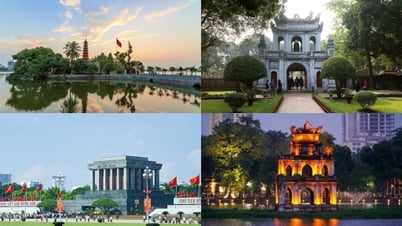

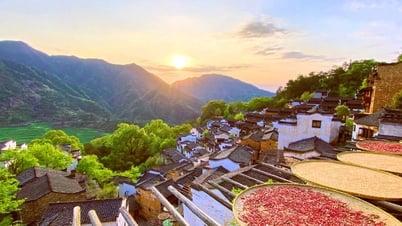


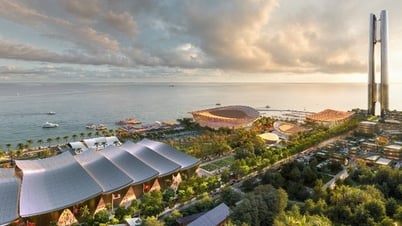
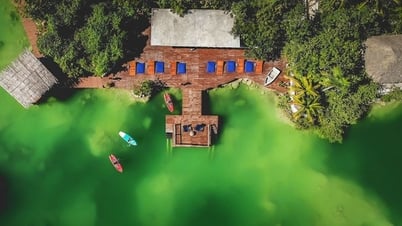


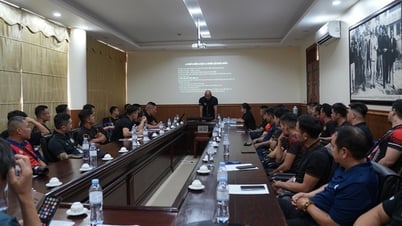























Comment (0)